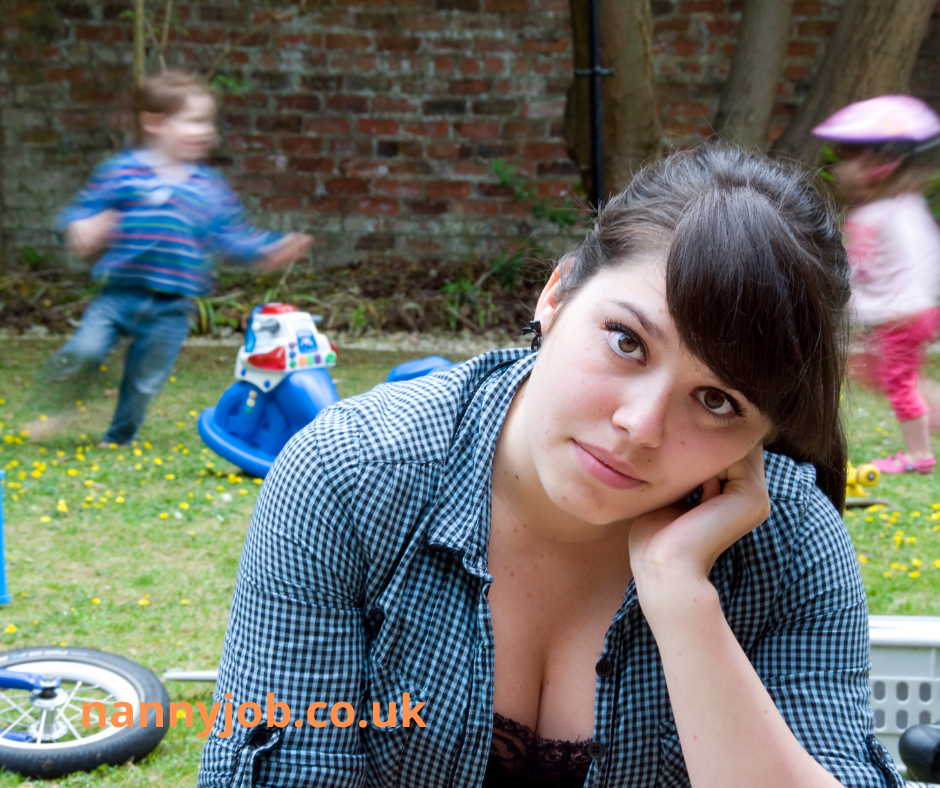Live in child carers, such as live in nannies, maternity nurses and au pairs, have to not only get to grips with demands of the job but also balance the dynamic of living in someone else’s house. The exact relationship depends on the job – for example au pairs are expected to be part of the family whereas nannies are more independent – but there are some things which almost every live in child carer experiences.
Household rhythms
Initially aligning times of meals and going to bed can be tough. Going to bed early, or being the last one up at night, may mean you feel a bit apart from the family you’re living with. If you don’t function until your second cup of coffee then negotiating the kitchen in the morning can be a challenge too.
Eating different food
Even when you come from the same culture every family has their preferred meals and cooking methods. Food is so important that not having your favourite meals can have a bigger impact than you would think, or even grilled bacon instead of fried.
Knowing where to go when your employers are having a private conversation
When you live with people it can be hard to have privacy, and conversations can’t always be schedule. Almost every nanny has walked into the kitchen only to have their employers stop talking. Nine times out of ten it’s nothing bad, just something your bosses may not want you to know (yet) such as their plans for another baby. Worse still is knowing where to put yourself when your employers have an argument.
Negotiating bathroom time, and hot water usage
If you don’t have your own bathroom there may be peak times to avoid, and even when you do the sound of running water may disturb others. A greater crime is using all the hot water. Nobody likes a cold shower, so be mindful of how much you use, especially when you have guests, and find out how to put on the immersion heater or boost the heating.
Hearing children in your time off
Whether it’s the middle of the night or the crack of dawn on a Saturday morning, if your bedroom is within earshot of the children you’ll probably get disturbed. Much as you may love them, if you’ve planned to sleep, their noise is a nuisance you could do without. Even in the middle of the day if you’re trying to read, watch TV or skype a friend those noises can be a disturbance.
Remember that it can take time to adapt to your new housemates, and communication is really important not just about your working hours but regarding living arrangements too. Before taking a job it’s a good idea to ask about household routines and how much they expect you to be around vs in your room so you can decide whether you’ll fit in comfortably.


